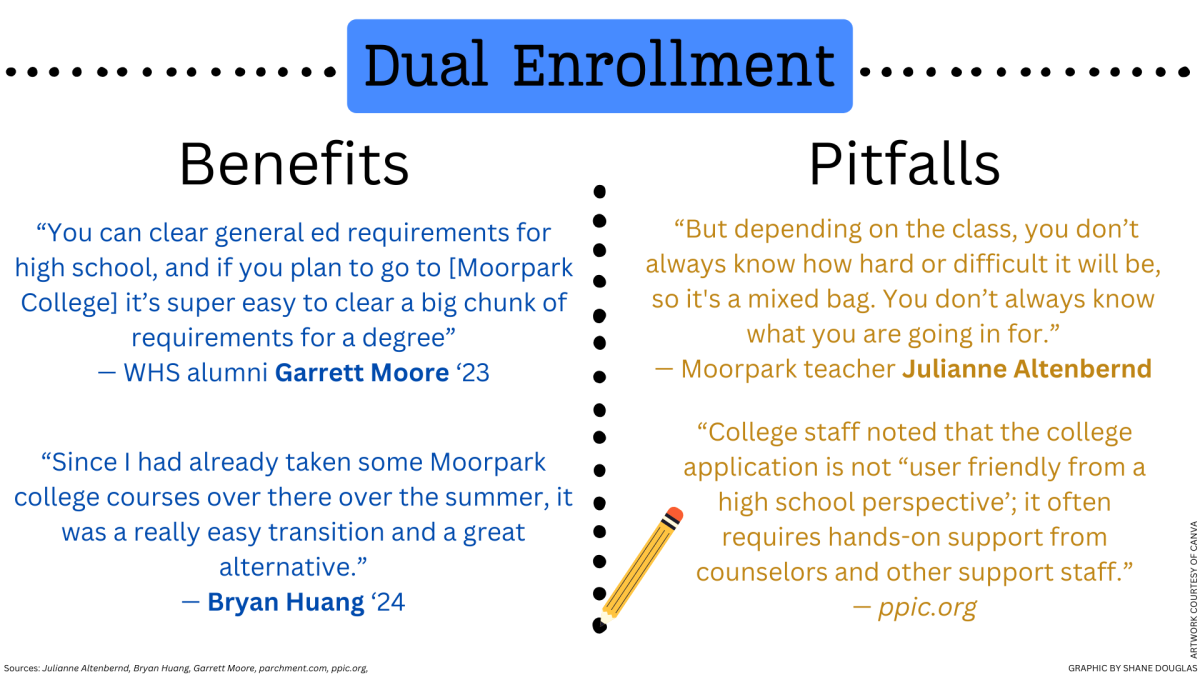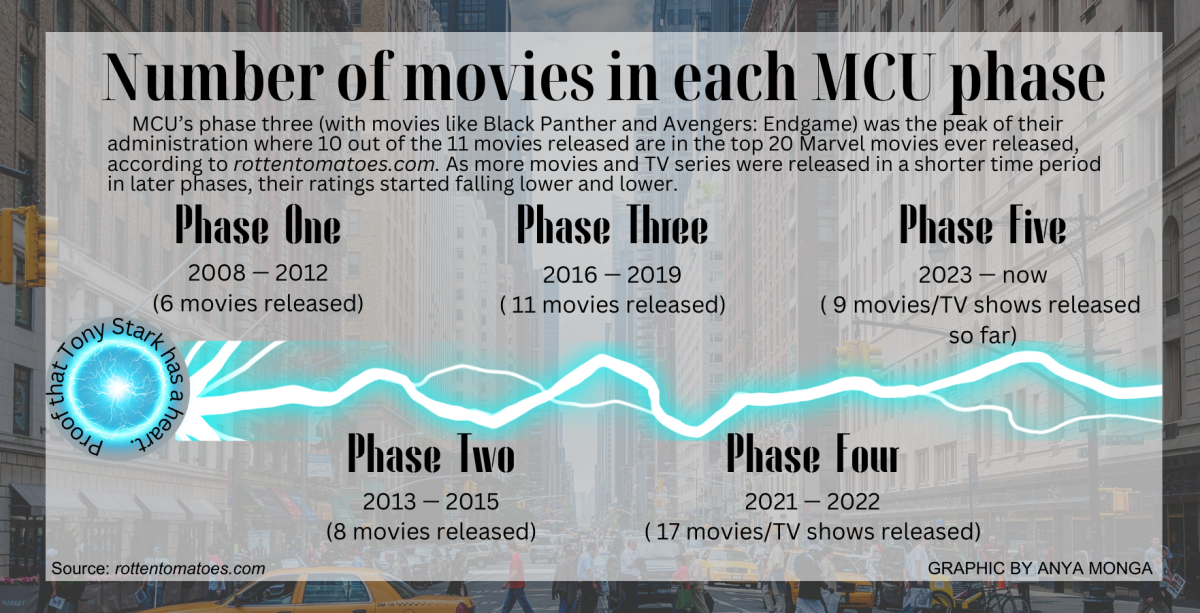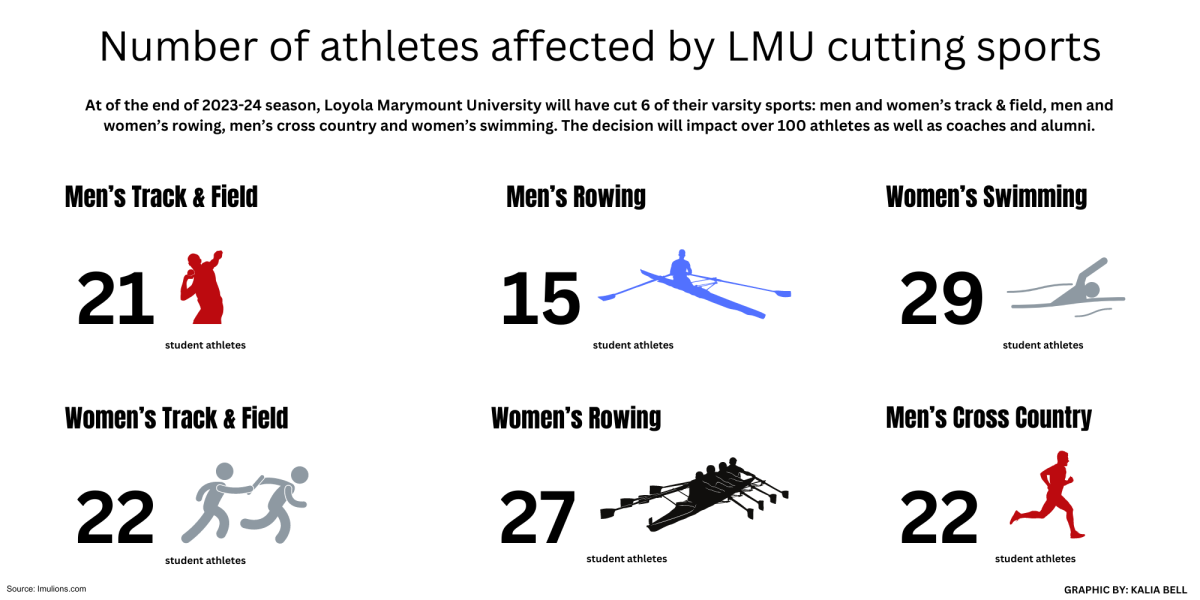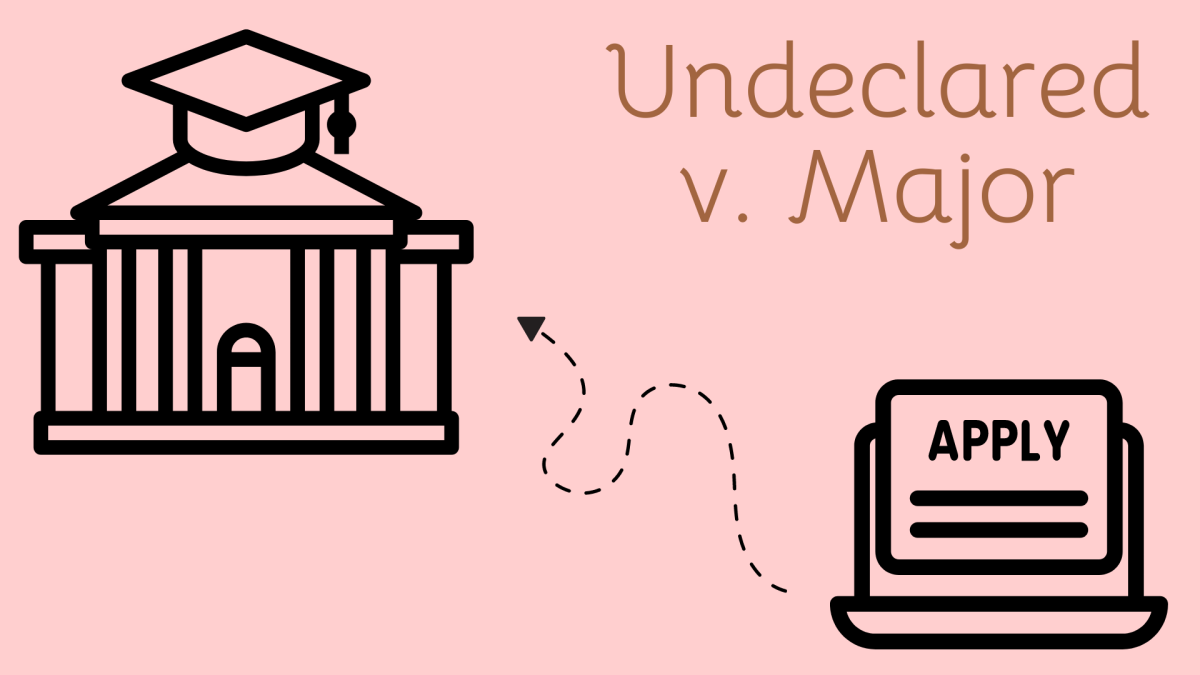In favor of late start:
Akhil Gutta
I slowly open my eyes to the blaring sound of an alarm. The clock glares “6 a.m.” in a red color that hurts my groggy head. As I pass by a window the sky is still dark, and the street is completely empty. Half–asleep, I trudge to my first period class, almost collapsing on the way. Coffee might help, but there’s no time to stop. By the time I get home, a three–hour nap is my only option for any semblance of relaxation.
Millions of high school students wake up each day at times foreign to their bodies’ circadian rhythm, resulting not only in a decrease of mental and physical health, but also a lower level of school performance.
While pushing back the school schedule appears difficult, the benefits of a later start time make it worthwhile. For example, California state funding for schools is directly tied to higher attendance. With a later start time, attendance would increase a projected five percent according to the Los Angeles Times.
Many people argue that students should simply go to sleep earlier, but a 2017 study done by the Journal of Clinical Sleep Medicine discovered that the biological clock of the average teenager is wired to go to sleep late and wake up late, directly clashing with the current start times of schools.
With students experiencing lower awareness while driving in the morning, the accident rate for teen drivers is exponentially higher for those who commute to school.
In fact, a study done by the Department of Motor Vehicles showed that schools that starting at 7:20 a.m. had 65.4 crashes per 1,000 teen drivers while schools with start times after 8:40 a.m. had only 46.2 crashes per 1,000, a twenty–nine percent decrease.
For sports, research done by Los Angeles Unified School District showed that nearly two–thirds of athletes getting less than eight hours of sleep a night got injured. Athletic participation dipped as well.
The school board should consider implementing changes to district policies regarding start time. With various psychological, academic and safety benefits, CVUSD can successfully implement their mission statement of “promoting individual and family wellness” by introducing a later school start time, ensuring both short and long term positive results.
Opposing late start:
Marc Choi
I love Common Planning days. The class periods are shorter; teachers usually don’t give tests and most importantly, I get to wake up later.
At some point in our lives, we have wished that school started later, and it seemed like it would solve all our problems.
For example, students would sleep more. More sleep means increased alertness, increased alertness means less stupid mistakes, less stupid mistakes means better grades, etc.
However, contrary to popular belief, school starting later would create more problems than it would solve.
For starters, parents generally drive their children to school. Currently, school start times within a district are scattered to prevent time conflicts concerning drop off and pick up, but with later start times, schools would need to align start times at various schools in order to prevent students from getting home too late. This would result in parents scrambling in various directions to drop off their children at various schools with the same start times.
Additionally, many adults start work at or before 9 a.m. This means that some parents will be rushing to work after they drop their children off at school, or they will have to change their work schedule to accommodate this change in school schedule.
If school were to start later, that means it would end later as well, leading to multiple other consequences.
As a result, less sunlight is available for outdoor sports or other extracurricular activities. This restricts students from doing what they love after a long and tiring day of school.
After students return home, they are forced to start homework later, ultimately leading them to sleep later, defeating the purpose of starting school later.
Furthermore, the purpose of school is to prepare students for the real world. With school starting early, this simulates the need to wake up early in order to make it to work on time.
Instead of moving school’s start time later, students can stop procrastinating on homework and go to sleep at a reasonable hour.
According to StudyMode, an ed–tech company dedicated to helping students, approximately eighty–seven percent of high school students procrastinate and forty–five percent believe that procrastination regularly negatively affect their grades.
Perhaps instead of starting school later, the real solution is to stop procrastinating and go to sleep earlier.























SJ • Sep 23, 2022 at 8:36 pm
As a teenager myself, I have to agree with the opposition.
Simply put, they just don’t seem to benefit anyone. Teachers aren’t exactly going to start assigning less homework, so (assuming that it takes the students the same amount of time to finish the homework either way) students will ultimately still get the same amount of sleep.
Parents will have to deal with conflicting school and work schedules.
Teachers will have the same problems as students.
Districts will either have to deal with overcrowded buses or purchase new ones.
Frankly, most teenagers (as far as I know) are perfectly capable of going to sleep before 11 PM (barring the occasional late-nighter), so the circadian rhythm argument isn’t holding up.
Of course, there are inevitably going to be a handful of districts that experience the desired results. I am by no means trying to insinuate that later start times will never work. However, attempting this without input from students, teachers, and parents is an almost-guaranteed way of causing more problems for everyone.